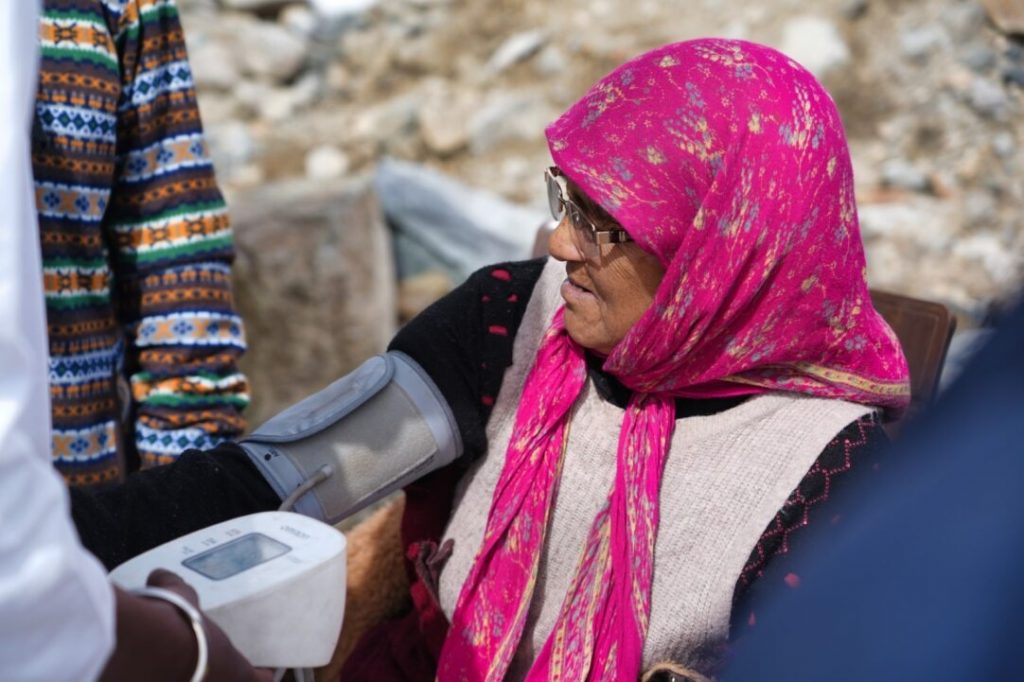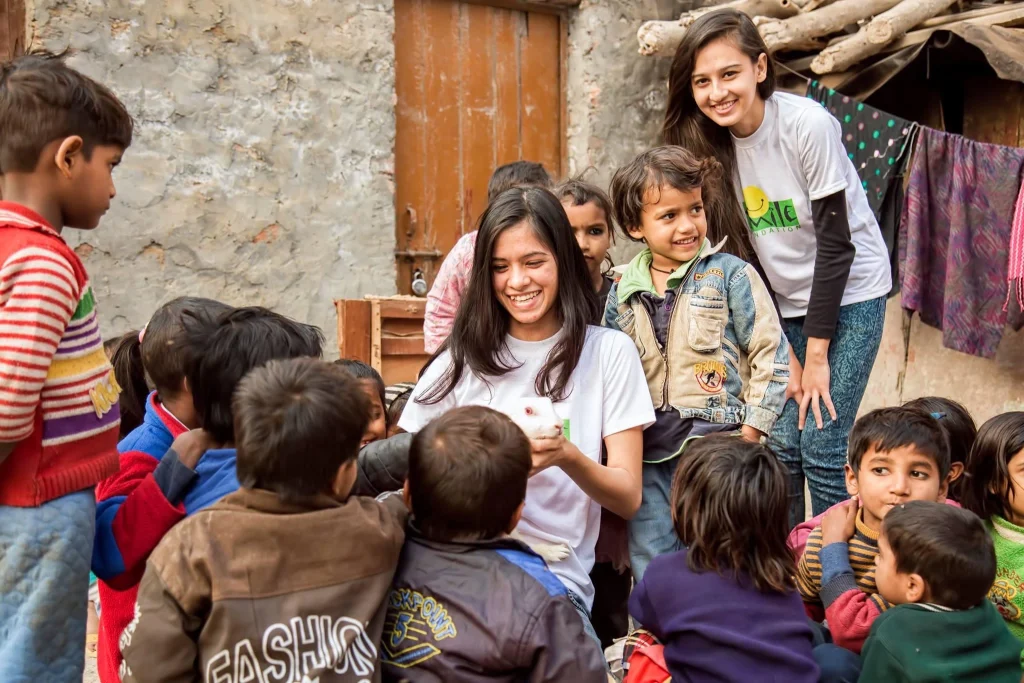In India’s social sector, nonprofits play a vital role in addressing a range of challenges, from poverty and education to health and environmental issues. However, the interconnected nature of these problems means that solutions must also be multifaceted. This is where systems thinking comes into play—a multi-faceted approach that allows NGOs to understand the complexities and interdependencies within the social sector. By adopting systems thinking, NGOs in India can not only improve the effectiveness of their interventions but also contribute to sustainable, long-term social change.
Understanding Systems Thinking
At its core, systems thinking is an approach that views a system as a set of interrelated and interdependent parts working together to achieve a common goal. In the context of NGOs, this means understanding how different social, economic and environmental factors interact and influence each other.
Unlike traditional linear thinking, which focuses on isolated events or problems, systems thinking encourages a broader perspective that considers the relationships and dynamics within a whole system. This approach is particularly useful for NGOs, as it allows them to identify root causes, anticipate unintended consequences and develop more comprehensive and sustainable solutions.
The Need for Systems Thinking in India’s NGO Sector
India’s social landscape is characterised by a complex web of challenges that are often deeply intertwined. For example, issues like poverty, lack of education and poor healthcare are not isolated problems but are interconnected in a way that each one affects the others. A child in a rural village may drop out of school due to health issues, which in turn may be caused by a lack of clean drinking water or poor sanitation facilities. In this context, a traditional approach that focuses solely on providing education without addressing underlying health or sanitation issues is likely to be ineffective.
Systems thinking enables NGOs to look beyond immediate problems and consider the broader context in which they exist. By doing so, they can identify leverage points—areas within the system where a small change can lead to significant improvements. For example, instead of only focusing on building schools, an NGO might also work on improving community health and sanitation, ensuring that children are healthy enough to attend school regularly.
Benefits of Systems Thinking for NGOs
- Holistic Problem Solving: Systems thinking encourages NGOs to look at the bigger picture, ensuring that their interventions are not just treating the symptoms of a problem but addressing its root causes. This leads to more sustainable solutions that have a lasting impact.
- Identifying Interdependencies: By understanding the interdependencies between different social issues, NGOs can better coordinate their efforts with other organisations and stakeholders. This collaborative approach can lead to more efficient use of resources and a greater collective impact.
- Anticipating Unintended Consequences: One of the challenges of social interventions is that they can sometimes lead to unintended negative consequences. Systems thinking allows NGOs to anticipate potential ripple effects of their actions and plan accordingly to mitigate risks.
- Improved Decision-Making: With a systems perspective, NGOs can make more informed decisions that consider the long-term impact of their actions. This strategic approach helps organisations prioritise interventions that offer the most significant potential for positive change.
- Building Resilience: Systems thinking helps NGOs build resilience by preparing them to respond to complex and changing circumstances. By understanding the dynamics of the systems they operate within, NGOs can adapt more effectively to new challenges and opportunities.
Implementing Systems Thinking: A Step-by-Step Guide for NGOs
- Map the System: Start by creating a detailed map of the system, identifying all relevant actors, factors and their relationships. This could include government bodies, local communities, other NGOs, private sector partners and environmental conditions.
- Identify Leverage Points: Look for points within the system where a small change could lead to significant improvements. This could be an underserved community, a policy gap, or a critical resource that is lacking.
- Engage Stakeholders: Systems thinking requires input from a diverse range of stakeholders. Engage with community members, local authorities, other NGOs and experts to get a comprehensive understanding of the system and co-create solutions.
- Develop a Multi-Faceted Strategy: Based on the system map and stakeholder input, develop a strategy that addresses multiple aspects of the problem. For example, an education-focused NGO might incorporate health and nutrition components into its programmes.
- Monitor and Evaluate: Use systems thinking to continuously monitor and evaluate the impact of interventions. This involves not just measuring immediate outcomes but also assessing long-term changes in the system.
- Adapt and Iterate: Systems are dynamic and constantly changing. NGOs should be prepared to adapt their strategies as new information becomes available and conditions change.
Case Study: Systems Thinking in Action
An excellent example of systems thinking in action is the approach taken by some Indian NGOs to tackle child malnutrition. Instead of just providing food, these organisations have adopted a multi-pronged strategy that includes educating mothers about nutrition, improving access to clean water and sanitation and advocating for government policies that support child health. By addressing the multiple factors contributing to malnutrition, these NGOs have achieved more sustainable and impactful results.
Challenges and the Way Forward
While systems thinking offers many benefits, implementing it can be challenging. It requires a shift in mindset from linear to non-linear thinking, which can be difficult for organisations accustomed to traditional approaches. It also requires time, resources and the ability to work collaboratively with a wide range of stakeholders. However, the potential rewards in terms of improved outcomes and sustainable social change make it a worthwhile investment.
NGOs in India are increasingly recognising the value of systems thinking and are beginning to integrate it into their work. By adopting this approach, they can enhance their effectiveness, contribute to more sustainable social change and better address the complex and interrelated challenges facing India today.
By embracing systems thinking, NGOs in India can better navigate the complexities of the social sector, ensuring that their efforts lead to meaningful and lasting change. Whether working on education, health, environment or economic development, a systems approach enables NGOs to address the root causes of problems, anticipate unintended consequences, and create more sustainable solutions that improve the lives of millions across the country.
Lifecycle Approach of Smile Foundation
Smile Foundation’s lifecycle approach is a comprehensive strategy designed to address the diverse needs of individuals and communities at every stage of life. By focusing on the entire lifespan, from early childhood to adulthood, Smile Foundation ensures that its interventions are both holistic and sustainable. This approach recognises that the challenges faced by individuals evolve over time and effective solutions must be adaptable and inclusive.
In the early years, Smile Foundation’s programmes emphasise early childhood care and education, laying a strong foundation for lifelong learning and development. As children grow, the foundation extends its support to include health and nutrition, ensuring that young individuals are healthy and well-nourished. This is followed by initiatives focused on education and skill development for adolescents and young adults, preparing them for future employment and leadership roles.
Additionally, the lifecycle approach addresses the needs of adults and families, providing support for livelihood opportunities, community development and health care. By integrating programnes across different stages of life, Smile Foundation creates a continuum of support that helps individuals thrive and communities flourish.










